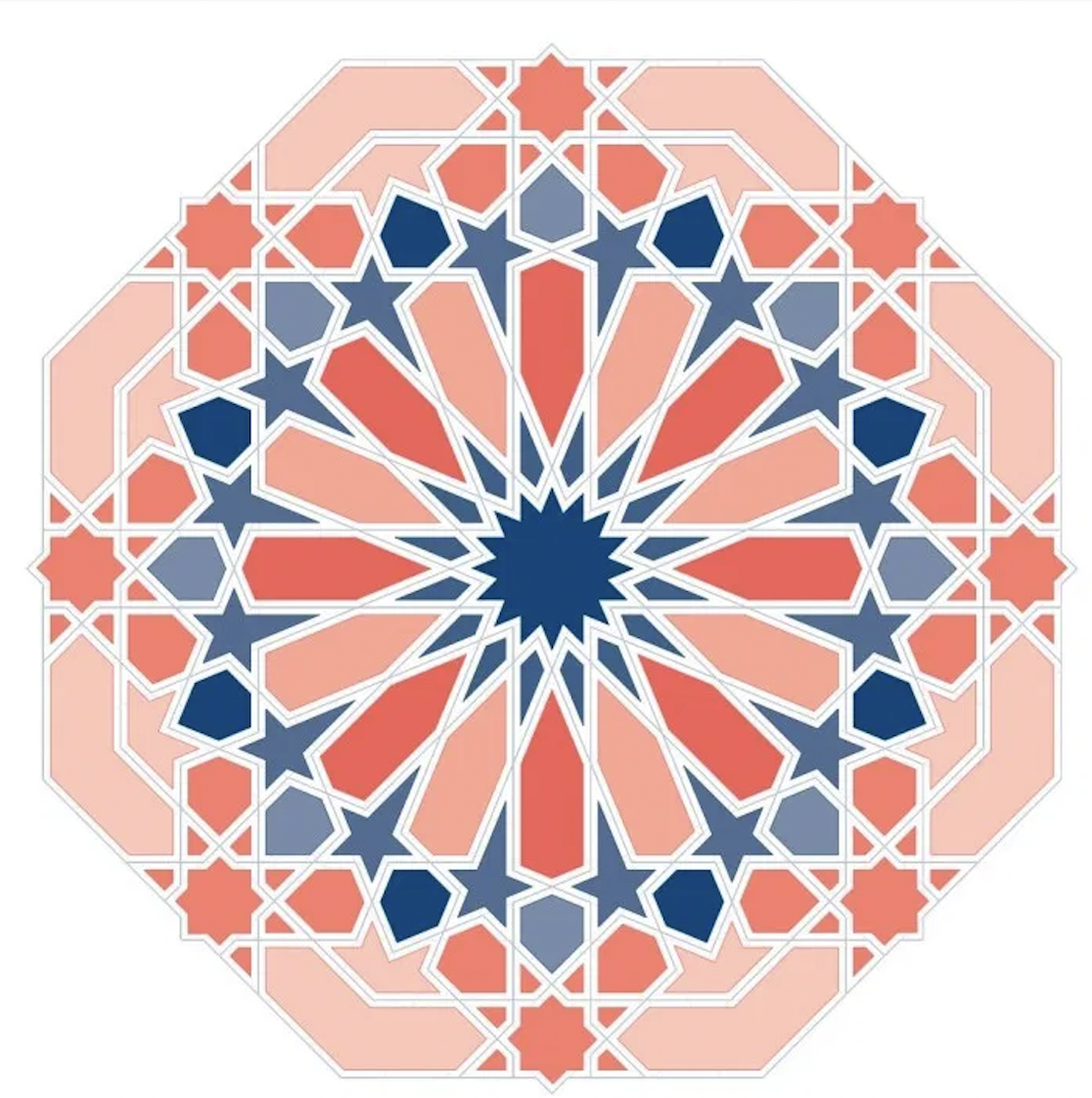Featured Posts
Ghalib: ‘The Greatest Urdu Poet of all Time
Beloved Urdu poet Mirza Beg Asadullah Khan - more popularly known as Ghalib was born in 1797 in Agra. He had central Asian heritage - his family hailing from Samarkand. He lived during the East India Company’s control of India and also witnessed the dissolution of the Mughal Empire and the establishment of the British Raj.
Aurangzeb: Islamophobic hate figure
Despite Aurangzeb’s leadership qualities and military prowess (he was first Indian ruler to bring the whole of the subcontinent under centralised control), he is vilified for being a Muslim ‘fundamentalist’, anti-Hindu and an all-round unlikable person. In ‘The Anarchy’, William Dalrymple describes Aurangzeb as being an “unusually cold, ruthless and unpleasant character.” Renowned historian, Audrey Truschke in her book, ‘Aurangzeb: The Life and Legacy of India’s Most Controversial King’ turns this narrative on its head and writes about a man of moral character, piety and justice; despite his many flaws.

Muslim India: A living legacy
India’s Muslim past is a core part of India. There is a massive legacy, not least that India has a huge Muslim population. There are more Muslims in India, than in Pakistan. The Muslim past is alive now, it is in the food, language, literature, arts and culture, architecture as well as in the DNA of its people.
Malik Ambar: Ethiopian ruler in India who resisted might of Mughal Empire
Malik Ambar (1548 – 13 May 1626), was a military leader and prime minister of the Ahmadnagar Sultanate in the Deccan region of India.
Born in present-day Ethiopia, Malik was brought to India as a slave, with Changiz Khan, the Prime Minister of Ahmadnagar.




A female-led whirling dervish group based in Afghanistan, is reclaiming the country’s deep-rooted Sufi heritage.